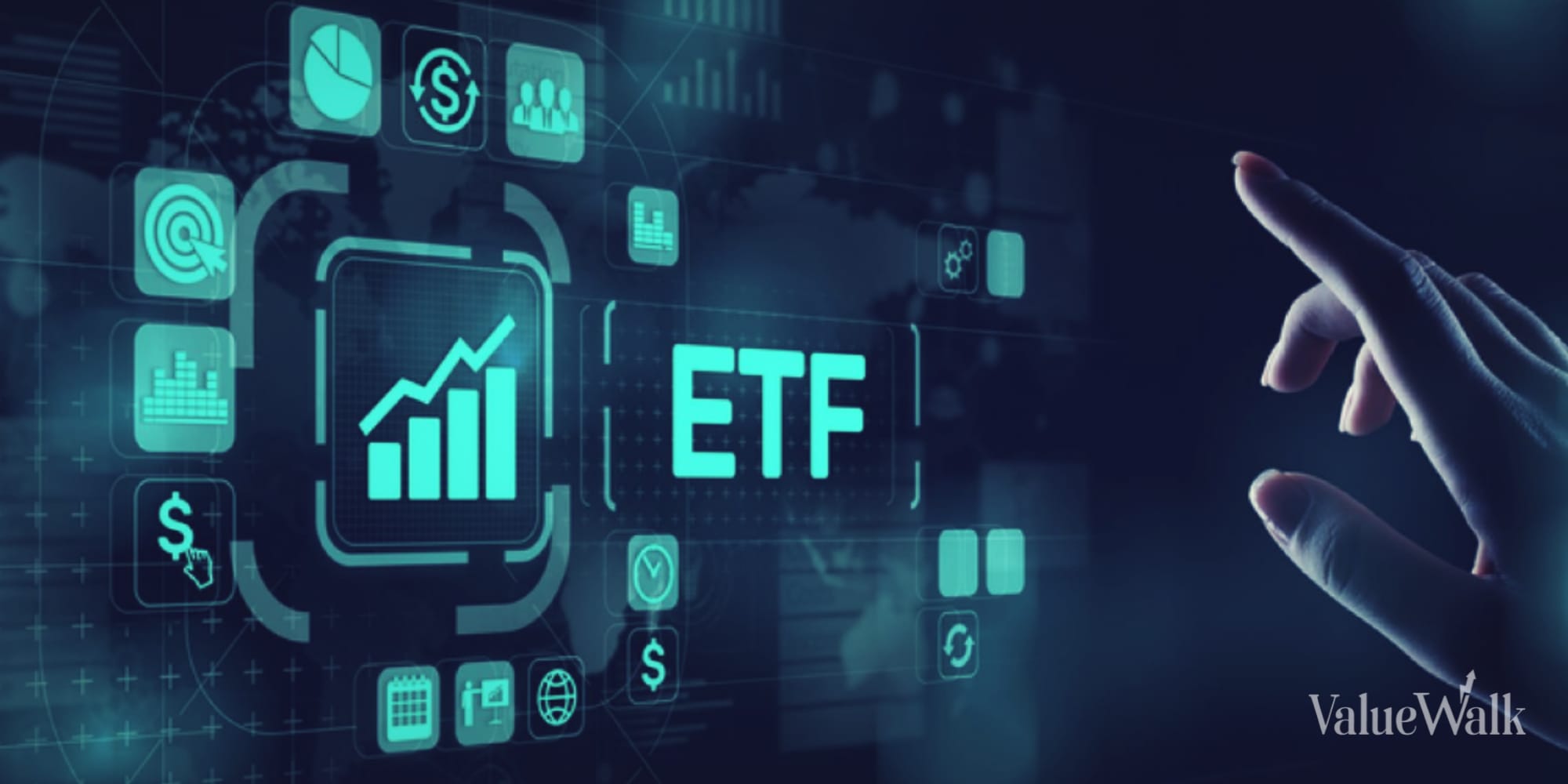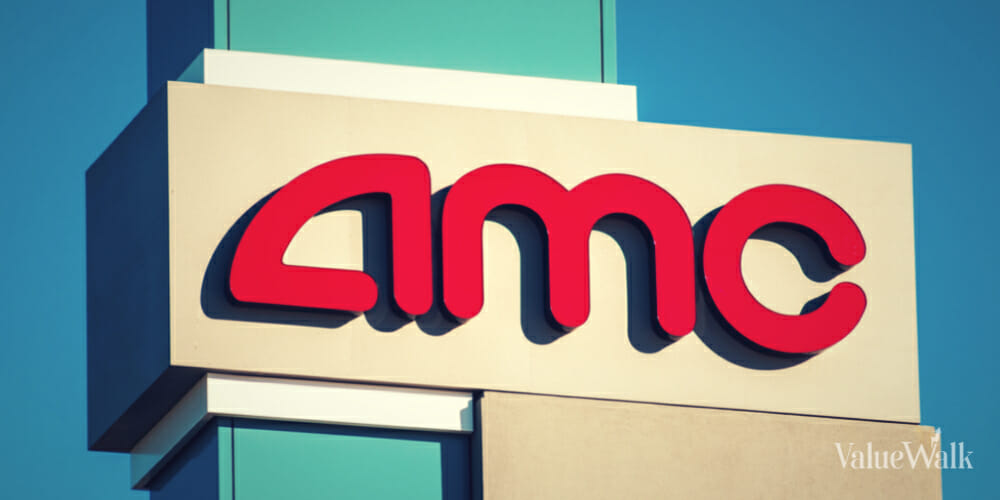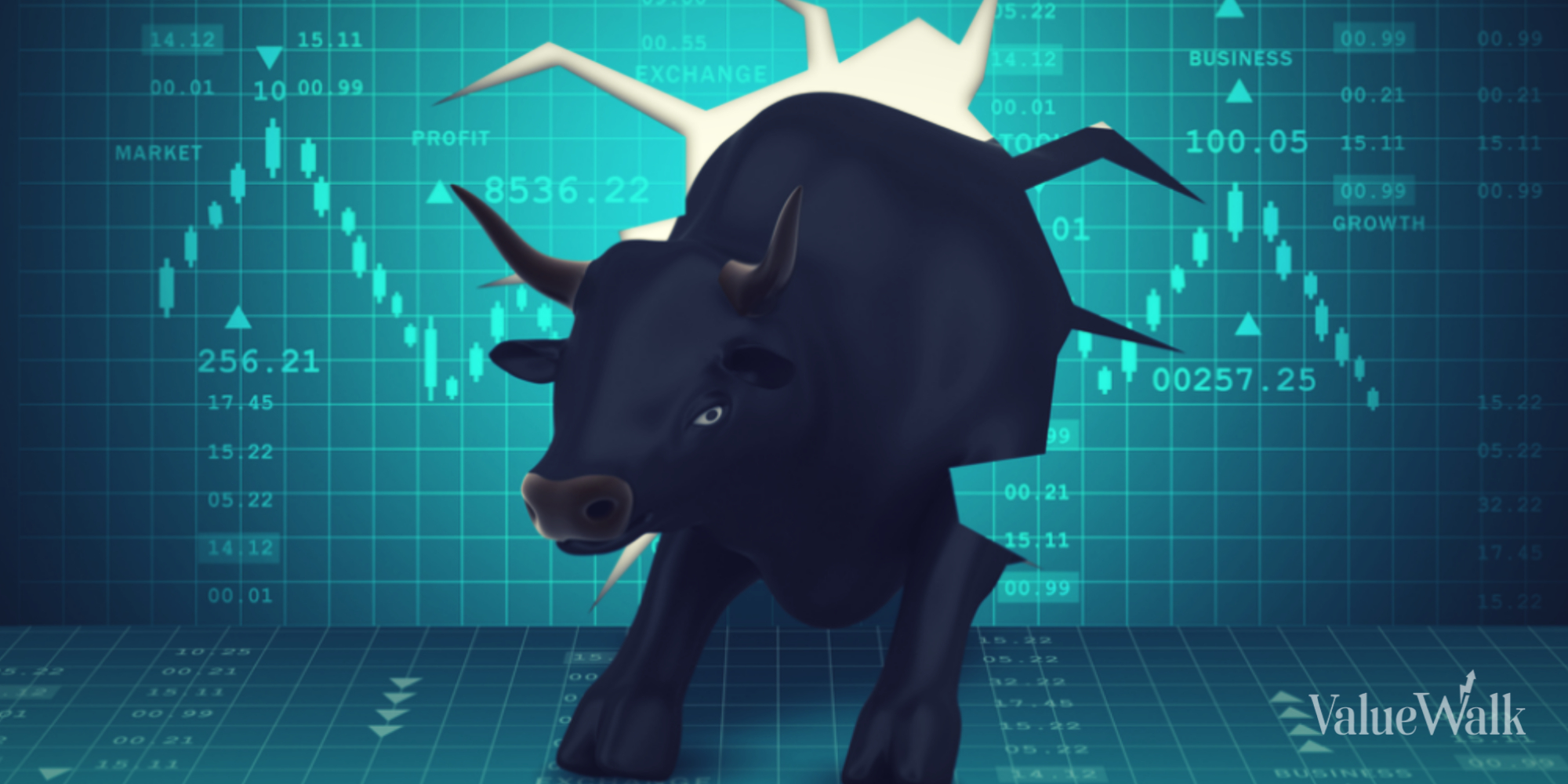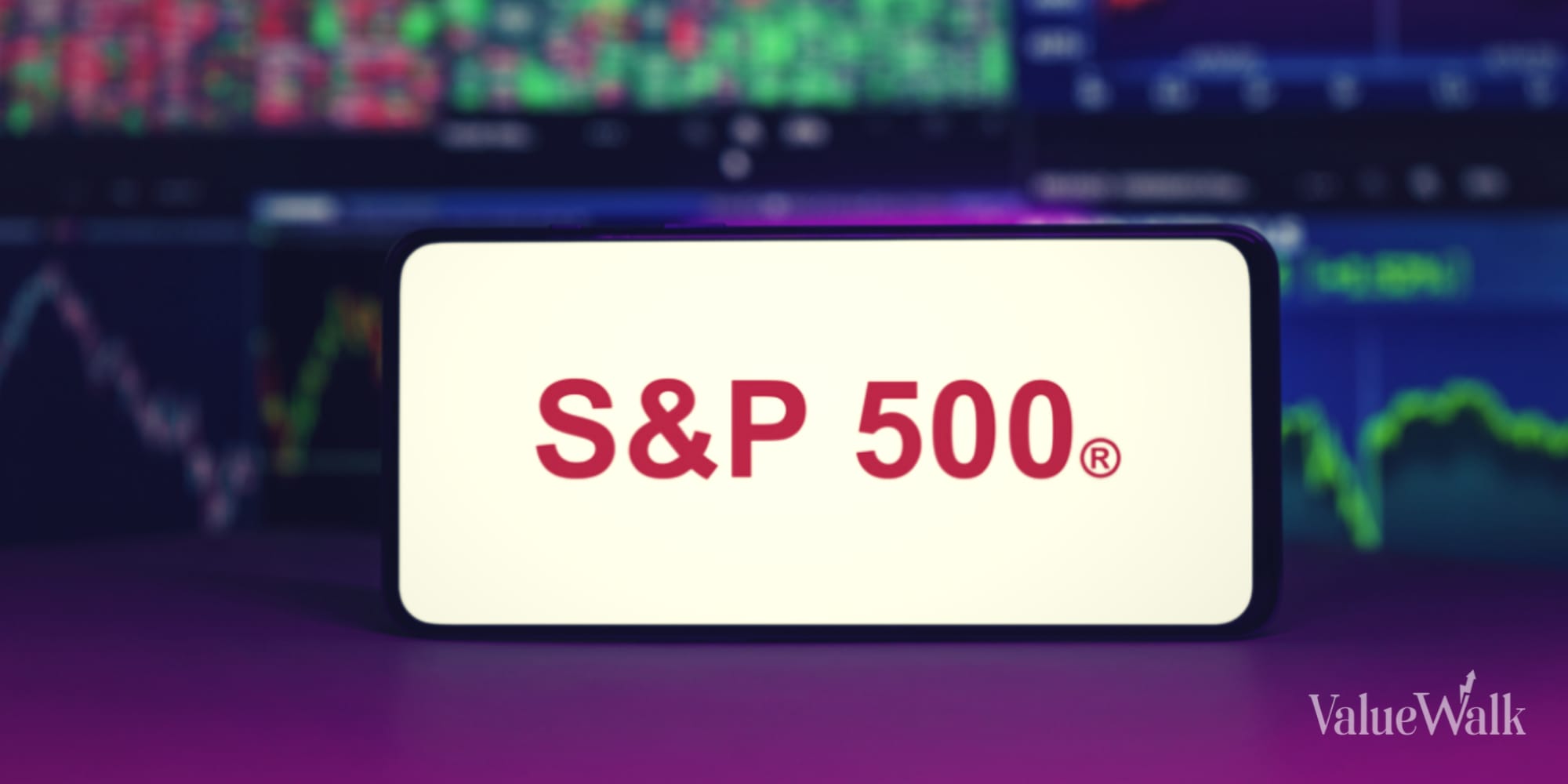Economists have been calling for a recession since 2022, but the economy has remained resilient. Of course, a broken clock is still right twice a day, so sooner or later they may be right.
In fact, there have been signs of an economic slowdown in recent weeks, starting with the gross domestic product (GDP) rising just 1.6% in Q1 — the lowest growth rate since the second quarter of 2022, when the economy contracted 0.6%.
As a result, the bears are growling again that a recession is likely, but whether or not that happens remains to be seen. Investors can’t rely on predictions, but they can be prepared through steps like diversifying their portfolio.
Exchange-traded fund (ETFs) are good diversifiers by their very nature as baskets of multiple stocks that trade like a single stock. ETFs that invest in sturdy, stable stocks with a history of weathering downturns are great options in any portfolio, as they provide capital appreciation when most other stocks are down.
Here are two ETFs that have proven to be fairly recession-proof.
The iShares U.S. Consumer Staples ETF (NYSEARCA:IYK) has been built to navigate the markets’ ups and downs. It tracks the Russell 1000 Consumer Staples Index, which means it includes large- and mid-cap stocks in the consumer-staples sector.
The ETF’s holdings include companies whose businesses are “less sensitive to economic cycles and whose customers’ purchasing habits are non-cyclical in nature,” according to the prospectus. The fund consists of companies in the food and beverage, automobile, household goods, manufacturing, drug, retail, and agricultural industries, among others.
The ETF also has some screens that limit the size of any one position. Overall, there are about 57 holdings, with Procter & Gamble (NYSE:PG), PepsiCo (NASDAQ:PEP), and Coca-Cola (NYSE:KO) as the three largest positions.
The fund has been steady over the years, with a 9.1% return since its inception in 2000. Over the past 10 years, it has posted an average annual return of 10.2% through March 31, and over the past five years, it has an average annualized return of 13.2%.
The ETF’s value really shows in market downturns. For example, in 2022, when the S&P 500 was down 19% and the Nasdaq fell 33%, this ETF gained 3.4% for the year. Thus, it should provide some stability for your portfolio if — or when — the market takes another hit like it did in 2022.
2. Invesco Food & Beverage ETF
The Invesco Food & Beverage ETF (NYSEARCA:PBJ) focuses solely on food and beverage stocks, which are staples and essentials, no matter what the economy is doing. This ETF tracks the Dynamic Food & Beverage Intellidex Index, which consists of just 30 U.S.-based food and beverage companies. The companies are all principally engaged in the manufacture, sale, or distribution of food and beverage products, agricultural products, or products related to the development of new food technologies.
The index and fund rebalance four times per year. The ETF seeks capital appreciation by evaluating companies based on screens that include price momentum, earnings momentum, quality, management action and value to get the best performers in any given market.
The three largest holdings in the portfolio are the grocery-store chain Kroger (NYSE:KR), DoorDash (NASDAQ:DASH), and The Kraft Heinz Co. (NASDAQ:KHC).
The fund has been remarkably consistent over the years, with only one down year since 2008, tumbling 11% in 2018. It climbed 3.1% during the 2022 market downturn and it has a solid 8.7% average annualized return since its inception in 2005. Over the past 10 years as of March 31, it has posted an 8% average annualized return, and its five-year annualized return is 10.2%. This year the ETF has gained 2.3% year to date as of May 13.
Whether or not we see a recession remains to be seen, but it definitely cannot hurt to diversify your portfolio with one or both of these ETFs, which are built to ride out any storm that might come.





